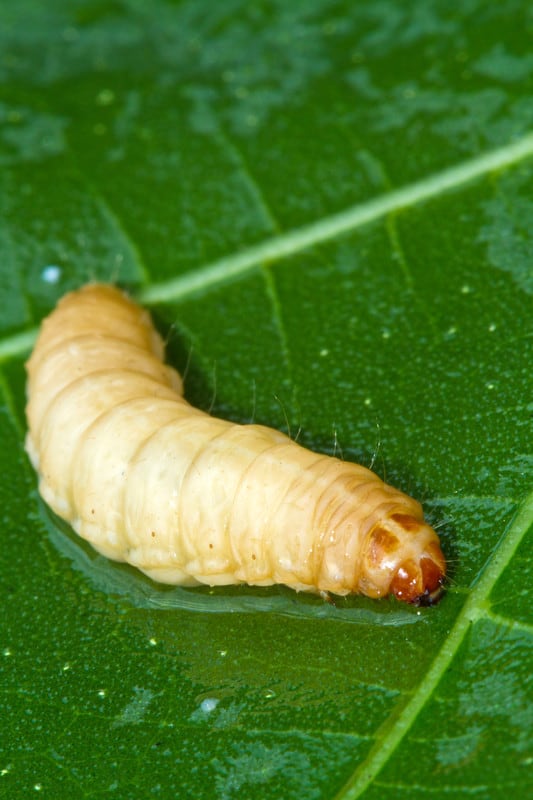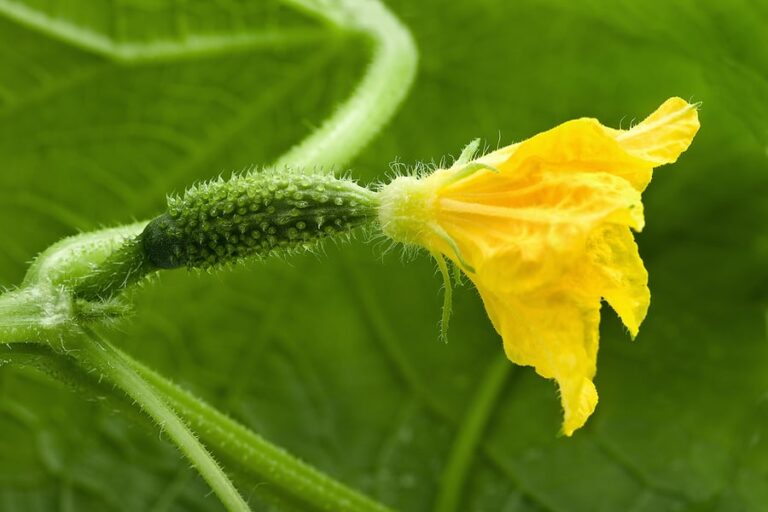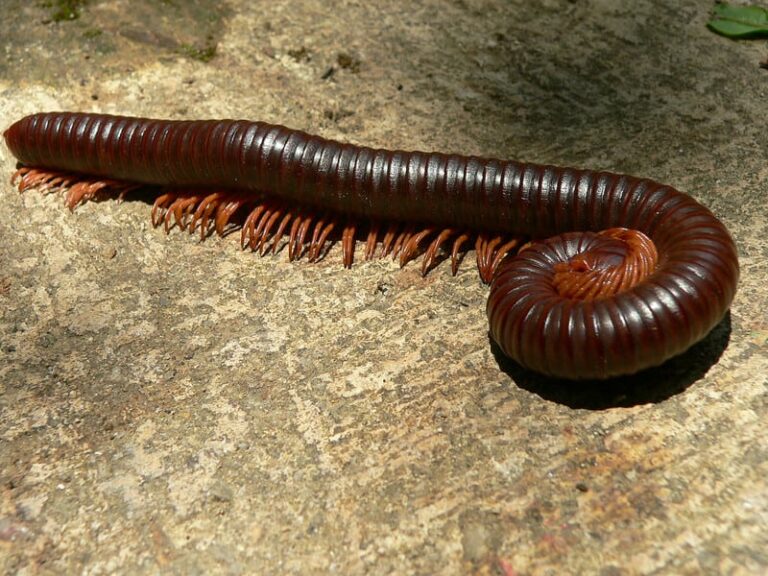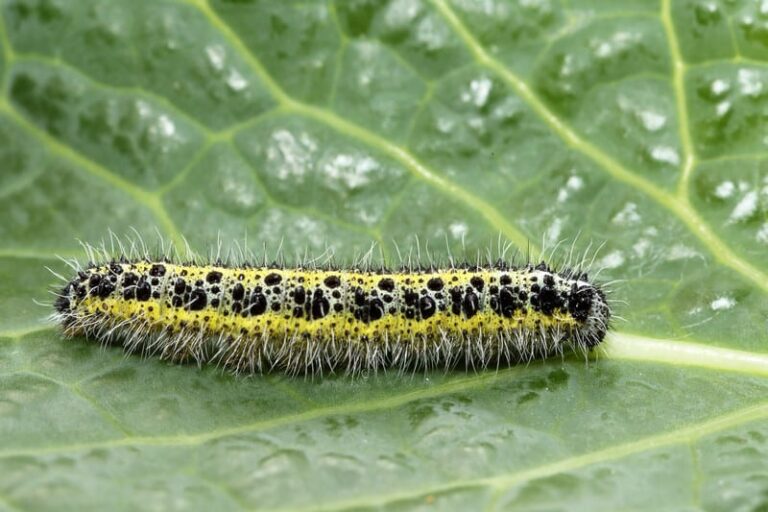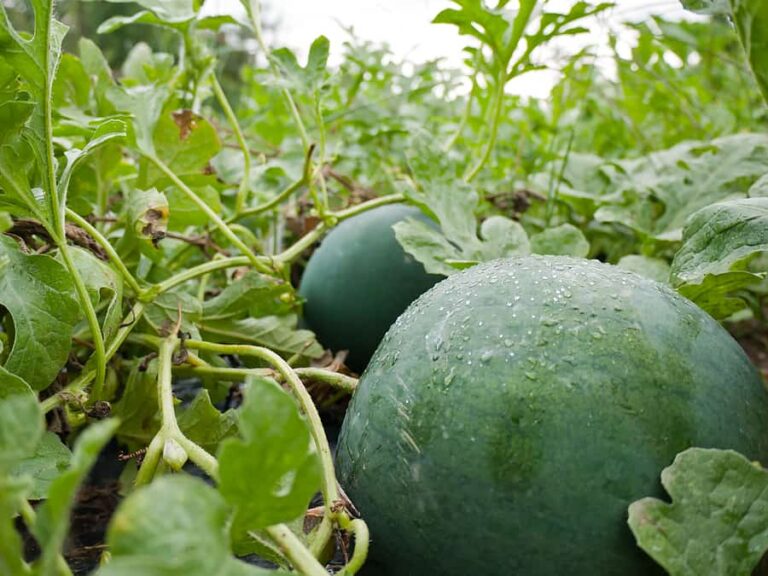Whitefly Organic Pest Control
Whiteflies look like very tiny white moths. Like their close relatives aphids, they suck juices from tender plant leaves.
Whiteflies congregate in large numbers on the undersides of leaves and fly up in a cloud when disturbed.
Whiteflies are found year-round in warm climates; in colder climates, they are seen in the summer. They thrive where there is warm still air, in gardens, greenhouses, and even in homes. One species is called the greenhouse whitefly.
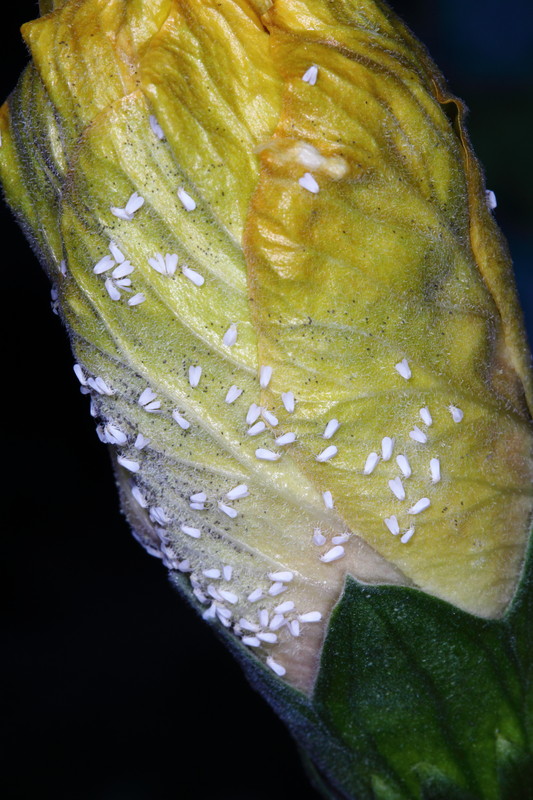
The larvae of whiteflies are flattened, legless, translucent, and about 1/30 of an inch in size. Whitefly eggs are gray or yellow and about the size of a pinpoint. Females lay eggs on the undersides of leaves; the eggs hatch in 2 days. Most whiteflies complete their life cycle in 20 to 30 days. There are numerous overlapping generations each year.
Scientific name: Family Aleyrodidae. Trialeurodes spp., Bemisia spp.
Target plants
Whiteflies suck the plant juices from tomatoes, lettuce, melons, cucumbers, beans, and other vegetable crops, also citrus, tropical and greenhouse foliage plants, and outdoor ornamental plants.
Feeding habits and damage
Feeding whiteflies suck juices from plants and weaken them. They secrete a sticky, sugary substance called honeydew which coats plant leaves. Sooty mold and black fungus can grow on honeydew-coated leaves and fruit. Whiteflies through feeding can spread viral diseases.
Organic controls
Catch adults on yellow sticky traps; vacuum adults from leaves; release parasitic wasps to control greenhouse and garden whiteflies; spray with insecticidal soap and garlic oil. As a last resort spray with pyrethrin.
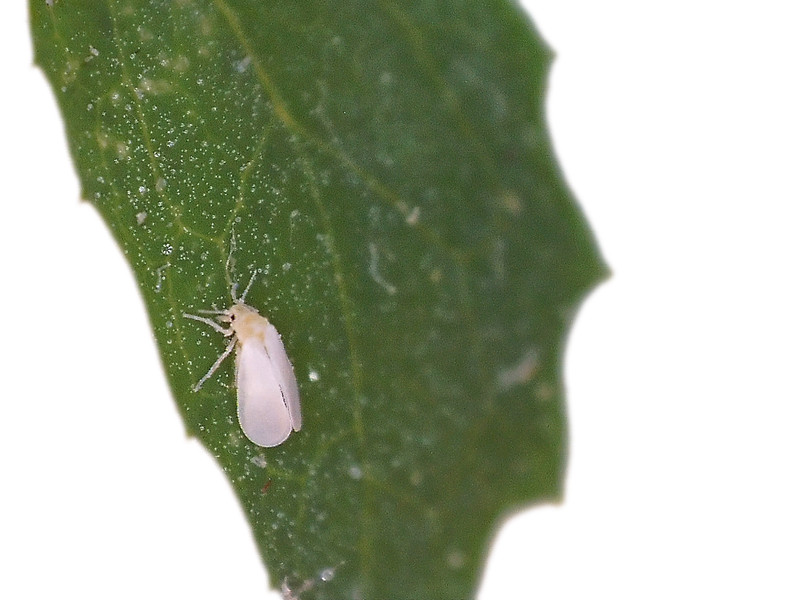
Organic control calendar
Here is what you can do seasonally to control whiteflies:
- Before planting: Plant small-flowered plants that attract lacewing and ladybug larvae; these larvae eat whiteflies. Inspect transplants at nurseries to make sure they are not infected.
- At planting time: Cover seedbeds and transplants with row cover to exclude whiteflies; brush transplants lightly to see if whiteflies are on seedlings. Wait to plant fall crops until the whitefly population declines after the summer peak.
- While crops develop: Knock whiteflies from leaves with a heavy stream of water; do this 3 days in a row to destroy the adults and eggs. Catch whiteflies on yellow sticky traps—they are attracted to yellow. Vacuum adults from leaves. Spray whiteflies with insecticidal soap every 2 to 3 days for 2 weeks; soaps must contact the insects to be effective. Spray plants with light horticultural oil; this will suffocate the insects. If all else fails, spray whiteflies with pyrethrum which will paralyze the pests on contact.
- After harvest: Remove all plant debris from the garden; remove infested plant material and dispose of or compost.
Natural predators
Gnatcatchers, kinglets, phoebes, swallows, and many songbirds eat whiteflies. Green lacewings and ladybugs eat whiteflies. Parasitic wasps can control whiteflies in greenhouses.
Related articles:
Vegetable Garden Organic Pest Control
Vegetable Garden Diseases Problem Solver
Vegetable Garden Organic Weed Control
Garden Planning Books at Amazon:
- Vegetable Garden Almanac & Planner
- Kitchen Garden Grower’s Guide Vegetable Encyclopedia
- Vegetable Garden Grower’s Guide
- Tomato Grower’s Answer Book


